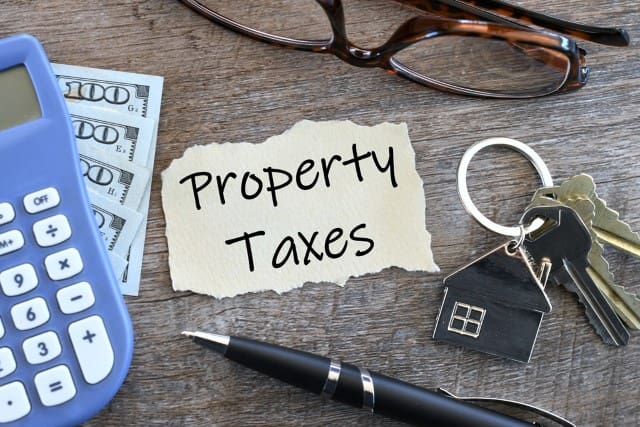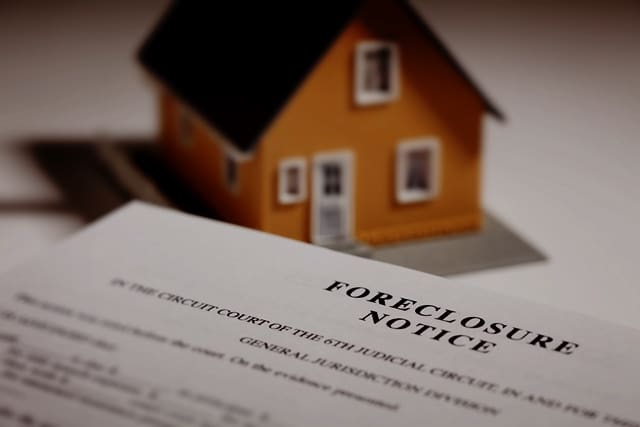When buying a home, understanding property taxes is a crucial aspect of financial planning. Many buyers overlook this ongoing expense, which can significantly impact the affordability of their new property. Property taxes vary depending on location, property value, and local government regulations. By gaining a clear understanding of how property taxes work, buyers can make informed decisions and avoid surprises. This blog will provide essential insights into property taxes and help you navigate this critical part of homeownership.
What Are Property Taxes and How Are They Calculated?
Property taxes are levied by local governments to fund essential services like schools, roads, and public safety. The amount you pay is typically calculated as a percentage of your property’s assessed value, which may differ from its market value. This assessed value is determined annually or biannually by local tax assessors. Your tax rate, often referred to as a millage rate, is multiplied by the assessed value to calculate the tax amount. Tax rates can vary significantly from one jurisdiction to another, so it’s essential to research the rates in the area where you plan to buy. Understanding this calculation can help you estimate your annual property tax bill and factor it into your budget.
Factors That Influence Property Taxes

Several factors can influence your property taxes, and knowing them can help you plan better. The size, location, and age of your property all play a role in determining its assessed value. Upgrades and renovations can also increase your tax liability, as they typically raise your home’s assessed value. Local tax policies and the needs of the community, such as funding schools or infrastructure projects, may also impact tax rates. Additionally, changes in the real estate market can cause fluctuations in property values, leading to adjustments in your tax bill. Keeping track of these factors can help you anticipate changes in your property taxes over time.
How to Lower Your Property Tax Bill
Although property taxes are mandatory, there are ways to minimize your tax liability. One of the first steps is to review your property’s assessment for accuracy. Errors in the assessed value can result in higher taxes, so filing an appeal might save you money. Look for available exemptions, such as those for primary residences, seniors, or veterans, which can significantly reduce your tax burden. You might also consider purchasing property in areas with lower tax rates if flexibility allows. Being proactive about understanding and managing your property taxes can save you thousands of dollars over the years.
What Happens If You Don’t Pay Property Taxes?

Failing to pay property taxes can lead to severe consequences, including penalties, interest, and even foreclosure. Local governments typically issue a tax lien on the property, giving them the right to sell it to recover the unpaid amount. In many cases, the property owner has a redemption period to settle the debt before the property is sold. Ignoring property tax obligations can also harm your credit score and financial reputation. Ensuring timely payment of property taxes is essential to maintaining your home and financial stability.
Conclusion
Property taxes are a vital consideration for any prospective homebuyer. Understanding how they are calculated, what factors influence them, and strategies to manage them can make a significant difference in your homeownership experience. By staying informed and proactive, you can avoid financial surprises and make better decisions for your future. Whether you’re a first-time buyer or a seasoned homeowner, knowledge about property taxes empowers you to protect your investment and ensure long-term success.
#PropertyTaxes #HomeBuyingTips #RealEstate #TaxExemptions #Homeownership #FinanceTips #TaxPlanning #LocalGovernment #RealEstateMarket

Richard has extensive experience in all aspects of buying and selling residential property. He has sold more than 400 homes and well over $100 million in residential real estate. There’s no need to guess. Get expert advice that will allow you to buy and sell with confidence and ease.
For neighborhood guides about Decatur and other intown neighborhoods, click here.
To learn more about the value of your home, please complete the form here.
If you are looking to purchase a home, please reach out here. We would love to help you have a wonderful buying experience.
You can always reach us through the Contact Us page here as well.
